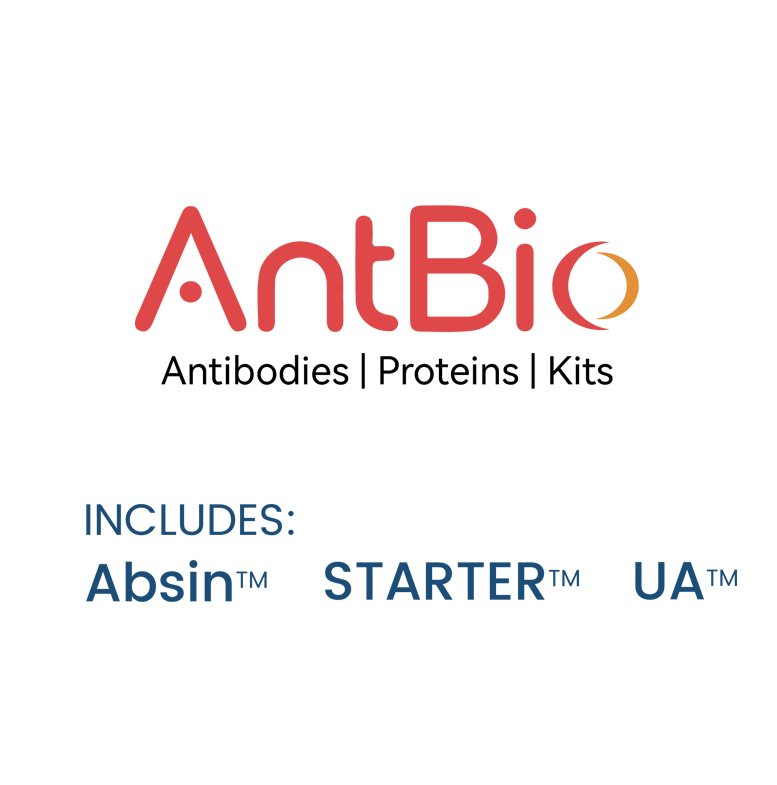2μg (R: reducing condition, N:non-reducing condition).
Product Details
Product Details
Product Specification
| Species | Human |
| Synonyms | MRII,AMHR2,AMHR,MISR2,MIS type II receptor,MISRII |
| Accession | Q16671-1 |
| Amino Acid Sequence | Pro18-Ser144 with Llama IgG2b Fc Tag at the C-Terminus |
| Expression System | HEK293 |
| Molecular Weight | 55-72kDa (Reducing) |
| Purity | >90% by SDS-PAGE |
| Conjugation | Unconjugated |
| Tag | Llama IgG2b Fc Tag |
| Physical Appearance | Lyophilized Powder |
| Storage Buffer | PBS, PH7.4, 5% trehalose |
| Reconstitution | Reconstitute at 0.1-1 mg/ml according to the size in ultrapure water after rapid centrifugation. |
| Stability & Storage | · 12 months from date of receipt, lyophilized powder stored at -20 to -80℃. |
| Reference | 1.Tanaka S, Mori M, Mafune K, Ohno S, Sugimachi K. A dominant negative mutation of transforming growth factor-beta receptor type II gene in microsatellite stable oesophageal carcinoma. Br J Cancer. 2000 May;82(9):1557-60. |
Background
The Anti-Müllerian Hormone Type II Receptor (AMHRII/MISRII) is a single-transmembrane serine/threonine kinase receptor within the TGF-beta superfamily that, upon binding its ligand, forms a complex with type I and type II kinases to initiate a phosphorylation-dependent signaling cascade. This pathway ultimately activates SMAD transcription factors and mediates Müllerian duct regression in male embryos. Mutations in this receptor cause Persistent Müllerian Duct Syndrome (PMDS), a disorder in genetic males characterized by the development of female reproductive tract structures, though the specific mechanism of AMHR2 gene activation remains incompletely understood. The recombinant human AMHR2/MISRII protein produced in HEK293 cells with a C-terminal Llama Fc tag is used for research purposes.
Picture
Picture
SDS-PAGE


